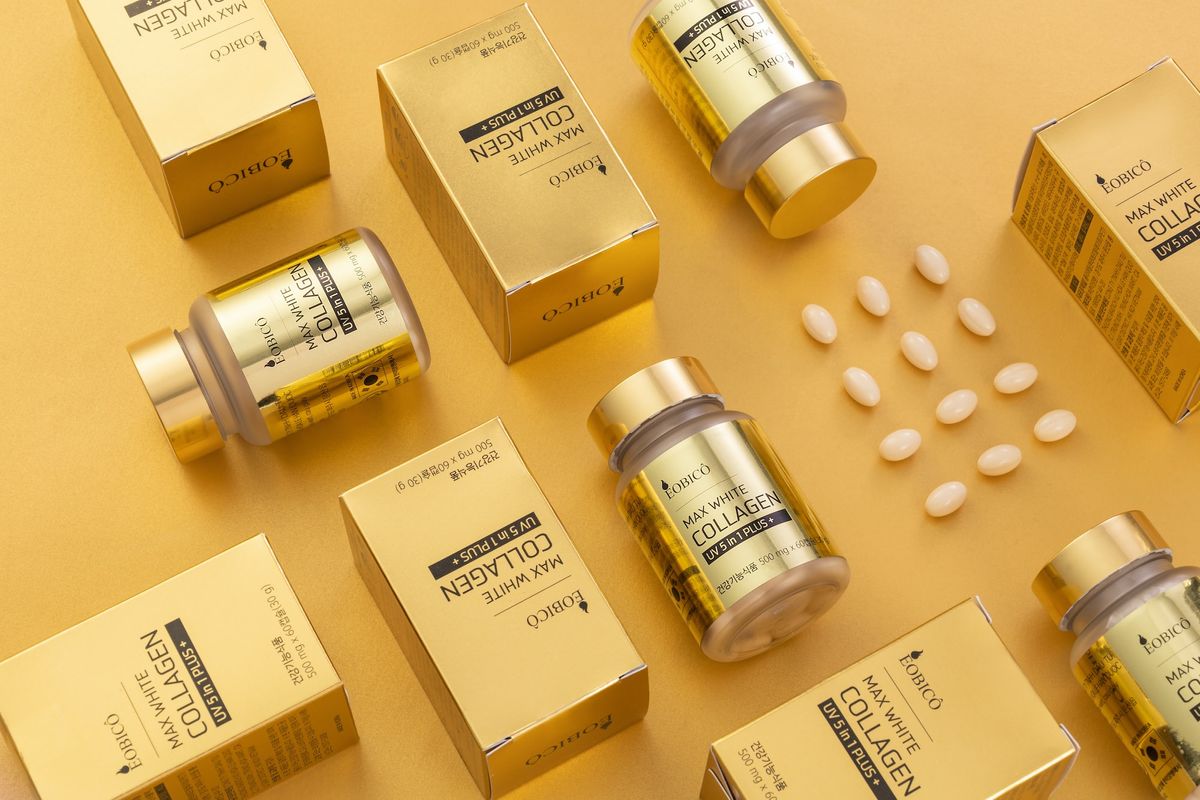The renewed rise of collagen consumption and its myths
Collagen is key to healthy skin but supplements aren't the best way to get it

In the exciting world of health and beauty, one trend has re-emerged with a vengeance and captured everyone's attention: collagen consumption. This protein, which is found abundantly in our bodies and plays a vital role in the health of skin, hair, nails, joints and bones, is experiencing a new boom.
However, in the midst of this trend, it is also crucial to separate the reality from the myths surrounding it.
The Basis of Collagen in Beauty and Health
Collagen, that essential molecule that gives firmness and elasticity to our skin, is a fundamental component in our organism. Although our body has the capacity to produce collagen on its own, this synthesis gradually decreases over time, especially after the age of 30.
This is the reason behind the growing interest in collagen supplements, which promise to keep our skin radiant and our joints in good condition.
Unraveling the Myths of Collagen Consumption
The growing popularity of collagen has also given rise to a number of myths that need to be addressed. One of the most widespread myths is that consuming collagen directly in supplement form is the best way to increase its levels in the body. However, a recent article in El Universal reveals that collagen is a large protein that is broken down during digestion, and is not necessarily best absorbed in this form.
This raises the question: are there other ways to stimulate collagen production in our bodies?
Stimulating Natural Collagen Production
While collagen supplements may have their place in a wellness routine, it is also important to consider alternatives to increase collagen production naturally. One such alternative is through a diet rich in foods that support collagen synthesis.
Fish, meat and vegetables such as avocado and spinach are natural sources of nutrients that can stimulate collagen production in our body.
The Role of Collagen in the Prevention of Aging
Aging is a natural process that we all experience, but can collagen actually slow down this process and reduce the appearance of wrinkles? While we cannot completely stop the passage of time, some research suggests that collagen may help maintain skin elasticity and delay the formation of wrinkles.
It is important to remember that while collagen can be an ally in the fight against aging, it is not a magic bullet.
Choosing the Right Collagen Supplement
When it comes to incorporating collagen supplements into your routine, it is essential to make informed choices. There are different types of collagen, such as type I, II and III, each with specific functions in the body.
Before purchasing any supplement, it is advisable to consult a healthcare professional and consider your individual situation.
Collagen in Popular Culture and Social Media
The influence of celebrities and social media has contributed greatly to the resurgence of interest in collagen. It is not uncommon to see celebrities promoting collagen products on their platforms.
However, it is important to maintain a critical approach and not get caught up in the fad of the moment. Research and education are key to making healthy, evidence-based decisions.
A Journey to Wellness
The renewed boom in collagen consumption has brought with it a host of potential health and beauty benefits. From strengthening our joints to maintaining the firmness of our skin, collagen plays a vital role. However, it is essential to separate the facts from the myths and make informed decisions about its consumption. Remember, the key to healthy aging and a radiant appearance lies in a holistic approach that includes a balanced diet, regular exercise and skin care.
